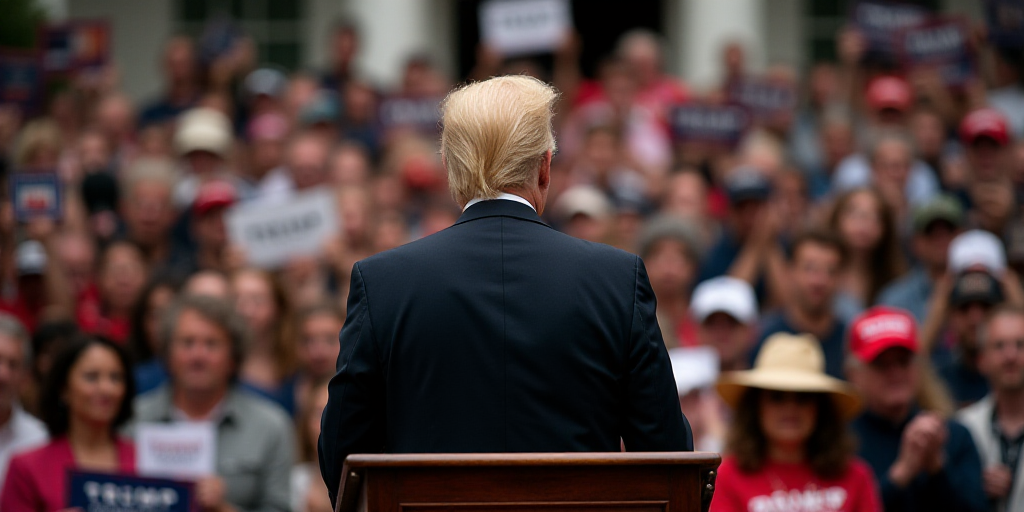Background on Donald Trump and His Relevance
Donald J. Trump, the 45th President of the United States, served from January 2017 to January 2021. Known for his controversial policies and strong stance on various issues, Trump’s administration focused on immigration reform, economic policies, and combating drug trafficking. His actions often sparked debate and criticism, but also garnered support from those who agreed with his approach.
The “High Fentanyl Act” – A New Approach to Combat Drug Trafficking
On this day, President Trump signed the “High Fentanyl Act,” aiming to curb the illegal trafficking of fentanyl, a highly potent synthetic opioid responsible for numerous overdose deaths in the United States.
Key Provisions of the “High Fentanyl Act”
- Mandatory Minimum Sentences: The Act establishes a mandatory minimum sentence of ten years in prison for anyone caught trafficking fentanyl or its synthetic variants.
- Classification of Fentanyl-Related Substances: The Act permanently classifies all substances related to fentanyl, including synthetic variants, as Schedule I controlled substances. This classification grants law enforcement greater authority to combat their proliferation.
- Targeting Drug Traffickers: The Act aims to inflict another defeat on “wild drug traffickers, criminals, and cartels” who exert significant control over Mexico, according to Trump.
Trump’s Rationale and Criticisms
During the signing ceremony, Trump emphasized his commitment to removing drug traffickers from American streets and ending the drug overdose epidemic. He criticized his successor, President Joe Biden’s policies on border security and drug control, accusing Biden of allowing an “invasion” following the deployment of ICE and Border Patrol by the Trump administration.
China’s Role in Fentanyl Supply
Trump highlighted his “very good relationship” with Chinese President Xi Jinping, despite imposing a 20% tariff on China in April. He accused China of supplying a significant portion of fentanyl, both to Mexico and the United States. Trump proposed resolving this issue by pressuring China to enforce capital punishment for those manufacturing and exporting fentanyl.
Impact on the Drug Trafficking Landscape
The “High Fentanyl Act” seeks to disrupt the illegal fentanyl trade by imposing harsher penalties and expanding law enforcement powers. Trump’s administration aims to target drug traffickers, asserting that such measures will contribute to reducing overdose deaths and curbing the influence of criminal organizations in Mexico.
Key Questions and Answers
- What is the “High Fentanyl Act”? The “High Fentanyl Act” is a piece of legislation signed by former President Donald Trump to combat the illegal trafficking of fentanyl and its synthetic variants in the United States.
- What are the key provisions of the Act? The Act establishes mandatory minimum sentences of ten years for fentanyl trafficking, permanently classifies related substances as Schedule I controlled substances, and aims to target drug traffickers exerting control over Mexico.
- How does the Act address China’s role in fentanyl supply? The Act indirectly targets China by pressuring the country to enforce capital punishment for those manufacturing and exporting fentanyl, given China’s significant role in the illegal drug supply chain.






